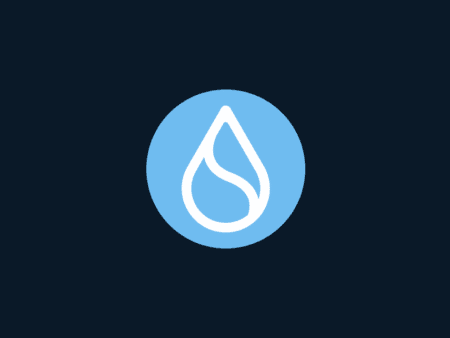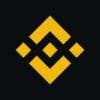⚡ TL;DR – What Is a Query Transaction in Crypto?
A Query Transaction refers to the process of retrieving detailed information about a transaction on a blockchain. It’s commonly used on networks like Solana, Ethereum, and Binance Smart Chain to check transaction status, sender/receiver, gas fees, and execution results. You can query transactions using block explorers, wallets, or APIs.
❓ What Is a Query Transaction?
A Query Transaction is the act of retrieving specific details about a blockchain transaction. Blockchains such as Solana, Ethereum, and Binance Smart Chain (BSC) are public and transparent, which means every transaction is recorded and can be viewed by anyone. Querying allows users to see whether a transaction has been confirmed, failed, or is still pending.
This process is important for users, traders, developers, and anyone who interacts with blockchain applications.
How Does a Query Transaction Work?
When a transaction is sent on a blockchain (e.g., a token transfer, NFT mint, swap, or staking action), it is recorded in a block. A query fetches all related details, such as:
- Transaction status: Whether it’s confirmed, pending, or failed.
- Block number: The block that contains the transaction.
- Sender and receiver: Wallet addresses involved.
- Gas or network fees: Amount paid to process the transaction.
- Execution result: Whether the action succeeded, was partially processed, or failed.
Tools for Querying Transactions
You can query blockchain transactions using various tools depending on the network:
Solana:
- Block Explorers: Solscan, SolanaFM, Solana Explorer.
- Wallets: Phantom, Solflare (display full transaction history).
- RPC APIs: Used by developers to query data via JSON-RPC.
Ethereum:
- Etherscan: The most widely used block explorer.
- Wallets: MetaMask, Trust Wallet.
- Infura / Alchemy APIs: For developers querying Ethereum data programmatically.
Binance Smart Chain:
- BscScan: Primary block explorer for BSC.
- Wallets: MetaMask (connected to BSC), Trust Wallet.
- BSC Node APIs: Allow integration with backend services for tracking transactions.
Why Is Querying Transactions Important?
Querying blockchain transactions provides critical insights and helps users manage and debug their activity. Here’s why it matters:
- Track your activity: Confirm whether your transaction was successful.
- Check for errors: Understand why a transaction failed or is delayed.
- Monitor blockchain behavior: Traders and analysts track large wallet movements and gas fees.
- Developer debugging: Query logs help developers troubleshoot smart contract executions.
🔑 Key Takeaways
- A Query Transaction allows you to retrieve detailed information about any transaction on a blockchain.
- It includes data like status, block number, fees, sender/receiver, and execution result.
- Supported on major chains like Solana, Ethereum, and Binance Smart Chain.
- Tools include block explorers, wallets, and developer APIs.
- Useful for users, traders, and developers to monitor and verify blockchain activity.
❓ Frequently Asked Questions About Query Transactions
A query transaction refers to a read-only request to access on-chain data from a blockchain. Unlike typical transactions, query calls do not change the blockchain state and don’t require gas fees on most networks.
Regular (or execute) transactions modify the blockchain state — like sending tokens or minting NFTs — and usually require fees. Query transactions only retrieve data (e.g., wallet balances, contract state) without making any changes.
In most cases, no. Queries are typically processed off-chain or via light clients and don’t consume block space, so you don’t need to pay fees.
They’re commonly used in wallet interfaces, DeFi dashboards, explorers, and smart contract UIs to fetch data like token balances, staking status, or NFT ownership.
No. Since they don’t alter blockchain data, query transactions are not stored on-chain and don’t appear in transaction histories.
No wallet connection is required to run most queries. They can be executed directly via APIs, blockchain explorers, or frontend tools using RPC endpoints.
No. Queries only read data. If you want to trigger contract logic that changes state (like claiming rewards), you’ll need to submit an actual transaction.












